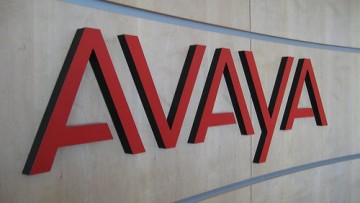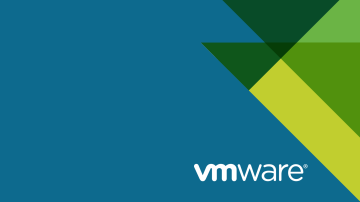 Bean counters at IDC have added up some numbers and divided them by their collective shoe size and worked out that Sharp has achieved the highest growth rate of any office equipment supplier in the last 12 months.
Bean counters at IDC have added up some numbers and divided them by their collective shoe size and worked out that Sharp has achieved the highest growth rate of any office equipment supplier in the last 12 months.
IDC said Sharp flogged 16 percent more multifunction printers sold in 2018 compared to 2017’s results.
What’s significant about Sharp’s performance is not only shipments but also a value growth of nine percent, which places it in the top four manufacturers for that particular metric measured in IDC’s Quarterly Hardcopy Peripherals Tracker, Q4 2018 study.
Peter Plested, from Sharp, said: “Sharp continues to grow thanks to our focus on designing smart, secure devices with easy-to-use intelligent features, that let people save time on the tasks they perform the most. Last year we refreshed our A3 range and launched new A4 devices with the same operation across the whole line; we see the sales results as a further endorsement of this refresh.”
However, the rest of the report didn’t show such a positive overall faring for the printer market. The sector decreased 4.8 percent year over year to approximately 26.7 million units in the fourth quarter of 2018, and it was HP that stopped the results slipping further into the red, with a 3.6 percent increase in shipments. The company posted a 1.9 percent increase in shipments over the entire year.
All other leading manufacturers posted a significant decline – with the biggest losses for Epson – its shipments were down 15.2 per cent compared to the same quarter in 2017. The majority of growth was experienced in the Asia Pacific (excluding Japan) and US markets, rather than any European territories.


















